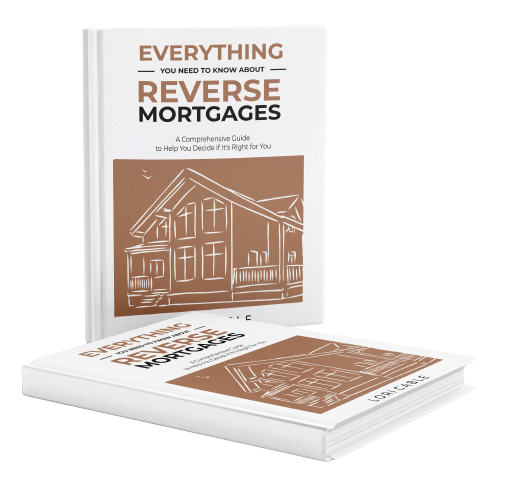Deciphering Reverse Mortgage Products: Fixed vs. Adjustable Rates
Welcome to the latest blog from Ventana Home Loans. I’m Lori Cable, and in our recent Monday Q&A session, we delved into a critical topic for homeowners considering reverse mortgages: understanding the differences between fixed-rate and adjustable-rate reverse mortgage products.
Fixed-Rate Reverse Mortgages
A fixed-rate reverse mortgage offers the security of a constant interest rate throughout the life of the loan. For example, if your loan’s fixed rate is 6.12%, this rate remains unchanged for the duration. It’s important to note that fixed-rate reverse mortgages are closed-end loans. This means that you must take all available proceeds at closing, with no opportunity for additional proceeds later. It’s a straightforward option, best suited for those who prefer predictability and a one-time lump sum.
Adjustable-Rate Reverse Mortgages
Adjustable-rate reverse mortgages, on the other hand, provide more flexibility. These come in two main types: those with a 5% cap and others with a 10% cap over the initial rate. For example, with a 5% initial rate and a 5% cap, the highest rate possible is 10%. With a 10% cap, the rate could go as high as 15%. Adjustable rates are attractive for their flexibility in how you can receive your loan proceeds, be it as a line of credit, tenure payment, term payment, or a combination of these options.
Understanding Payment Options
With adjustable-rate products, you can tailor your payment method to fit your current needs. Whether you need a lump sum upfront for immediate expenses or prefer monthly payments for consistent income, the choice is yours. Additionally, if you make mortgage payments on an adjustable-rate product, these funds become available to you again, growing at the note rate plus half a percent.
Closing Thoughts
Choosing the right reverse mortgage product depends on your individual financial situation and long-term goals. Whether you prefer the stability of a fixed rate or the versatility of an adjustable rate, understanding these options is key to making an informed decision.
Further Information
For more detailed insights into reverse mortgages, download our free ebook, “Everything We Think You Should Know About Reverse Mortgages,” available at www.ventanahomeloans.com/book

